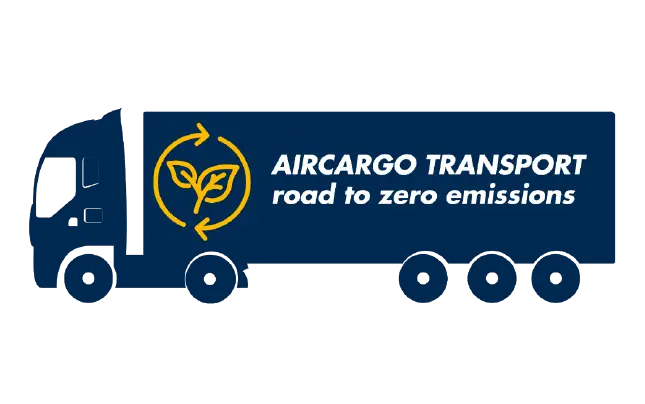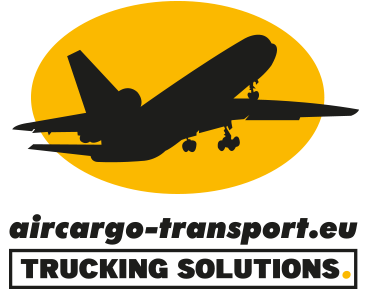Sustainability
Our road to zero emissions
Aircargo Transport acknowledges its responsibility as a transport company to lower its CO₂e emissions to fight climate change. Therefore, several initiatives have been carried out already to reduce the climate impact of the transport services. This is the beginning of a large strategy that we call ‘our road to zero emissions’. The actions we are taking to reduce emissions:
- All truck drivers participate in regular sustainable driving trainings.
- With an average fleet age of 2.5 years, we always have the newest and most fuel-efficient trucks.
- We use A-labelled tires to reduce fuel consumption. These tires are being monitored at all times by tire-pressure sensors.
- Using advanced planning software to reduce empty kilometres.


Transportation with HVO100 fuel
All Aircargo Transport trucks can run on the second-generation biofuel HVO100. This biofuel reduces the well-to-wheel CO₂e emissions by up to 90%. HVO100 is from a renewable origin and is made from waste materials. This makes it a good short-term solution for sustainable transport, up until electric trucks become a viable solution.
HVO100 stands for 100% Hydrotreated Vegetable Oil. It is a fuel that can be used in diesel engines without modification. In the total life-cycle, the fuel’s CO₂ reduction is 90%. This allows us to reduce the CO₂e emissions of your transport.
HVO100 is produced from waste materials such as used cooking oil and other residues, which are treated with hydrogen. This process removes impurities and transforms the raw materials into a high-quality renewable diesel.
The waste materials from which HVO100 is produced have taken the CO₂ out of the air with photosynthesis. The CO₂e emissions for HVO100 are not zero, because of the energy used in the production and transportation of the fuel.
